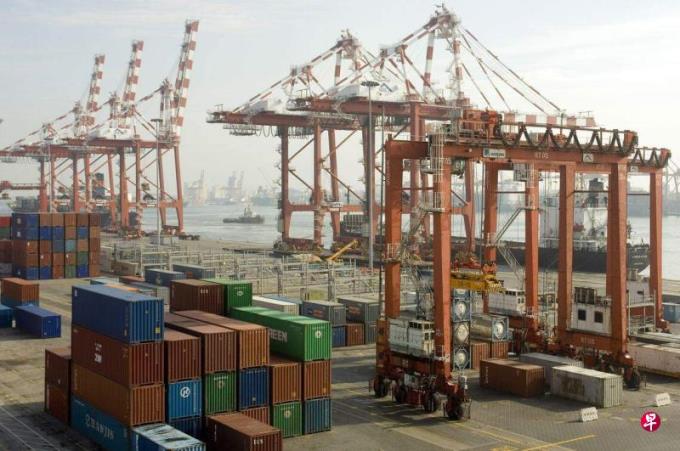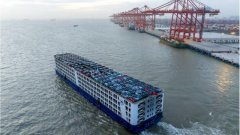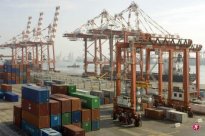
Sri Lanka debt issues are widely known as China's "debt trap".When Sri Lanka developed the port of Hanshto, due to the inability to repay the fund assistance obtained from China, the 99 -year operating right of the port was owned by the China State -owned Enterprise China Merchants Port Group.The reason why the project was used as a representative case of the "debt trap" was because China and the then President Maxinda Rajapaka and the family had a deep relationship. The interest rate conditions obtained from China were compared to other funds.It provides a higher country; not only that, but also worry about the militaryization of China's use of harbor facilities.In addition to the Port of Hantau Tota, there are also Mathara Rajapaks International Airport, which are built in China. As a example of local political fertilizer, it is also famous, and the operating rate is still very low.
However, not all support projects from China are the same as Hantan Tota.For example, the Port of Colombo, which accepts the construction of China, has achieved good results.In addition, Sri Lanka's loan sources are not limited to China.Although criticized as a debt trap, Sri Lanka also provided national assistance from many funds and chose assistance from China.At present, developed countries and international institutions lack funds and support developing countries such as Sri Lanka to engage in large -scale infrastructure, which also highlights that large support from China has certain advantages.In fact, China's large -scale infrastructure has decreased from the second half of the 2010s due to insufficient funds.Nevertheless, China's infrastructure and other foreign investment remain at a certain level, which is charm for developing countries.In this sense, the so -called debt trap risk still exists.
What can developed countries and international institutions do?Since large -scale infrastructure support is difficult to achieve. As a developed country, for the needs of developing countries, it can only provide support that can be provided to help countries that have suffered overly debt to manage finances. It is also an option.
In May 2024, the Japanese Foreign Minister Uenagawa Oki visited Sri Lanka. One of the main issues of the talks between the foreign ministers of the two parties was the issue of foreign debt.Sri Lanka stopped repaying foreign debt, and some of the interest of Treasury bonds could not be paid.Sri Lanka itself is also seeking fiscal reconstruction, but Japan, which accounts for 20 % of debt, together with France and India, is the co -chair of the Credit State Conference established in April 2023.40 % of China, which occupies Sri Lanka's debt, is just an observer of the meeting.Shangchuan expressed Sri Lanka the memorandum of debt reorganization signed with the Council of Crimine Council as soon as possible, as well as the importance of rapidly promoting the reorganization of debt restructuring with all credit countries in order to ensure transparency and fair form.
If the memorandum of debt reorganization is signed, it is confirmed that the Sri Lankan administration has the willingness to quickly sign an agreement between the two countries. Japan is willing to restart the existing yen loan matters as soon as possible; that is, Japan intends to help Sri Lanka get rid of the debt default status.
On the other hand, China also expresses willing to reorganize Sri Lanka debt.In March 2024, when the Prime Minister of Sri Lanka visited China, he discussed the issues such as reducing, stopping, stopping, and reorganizing debts. China did not deny the problem of solving the problem based on multilateral framework.At least on the surface, Japan will say that it will consider cooperating with China to solve the debt problem of Sri Lanka.For Japan, Sri Lanka is a country in the Pacific Ocean India. By reorganizing the country's debt, it has normalized its repayment capacity, which is very important to strengthen bilateral relations.
Just as the Prime Minister Kishita Tianshi visited India in May 2023, the "free and open Indian Pacific Ocean" initiative respects diversity, tolerance, and openness in principle."" ".If this is the case, even if the difficulty is high, how to let China participate in the debt reorganization of Sri Lanka, or whether it can become a policy as a policy while negotiating with China while negotiating with China, it will be a goldstone.Such a solution is by no means bad for Sri Lanka.
The author is a professor at the University of Tokyo




